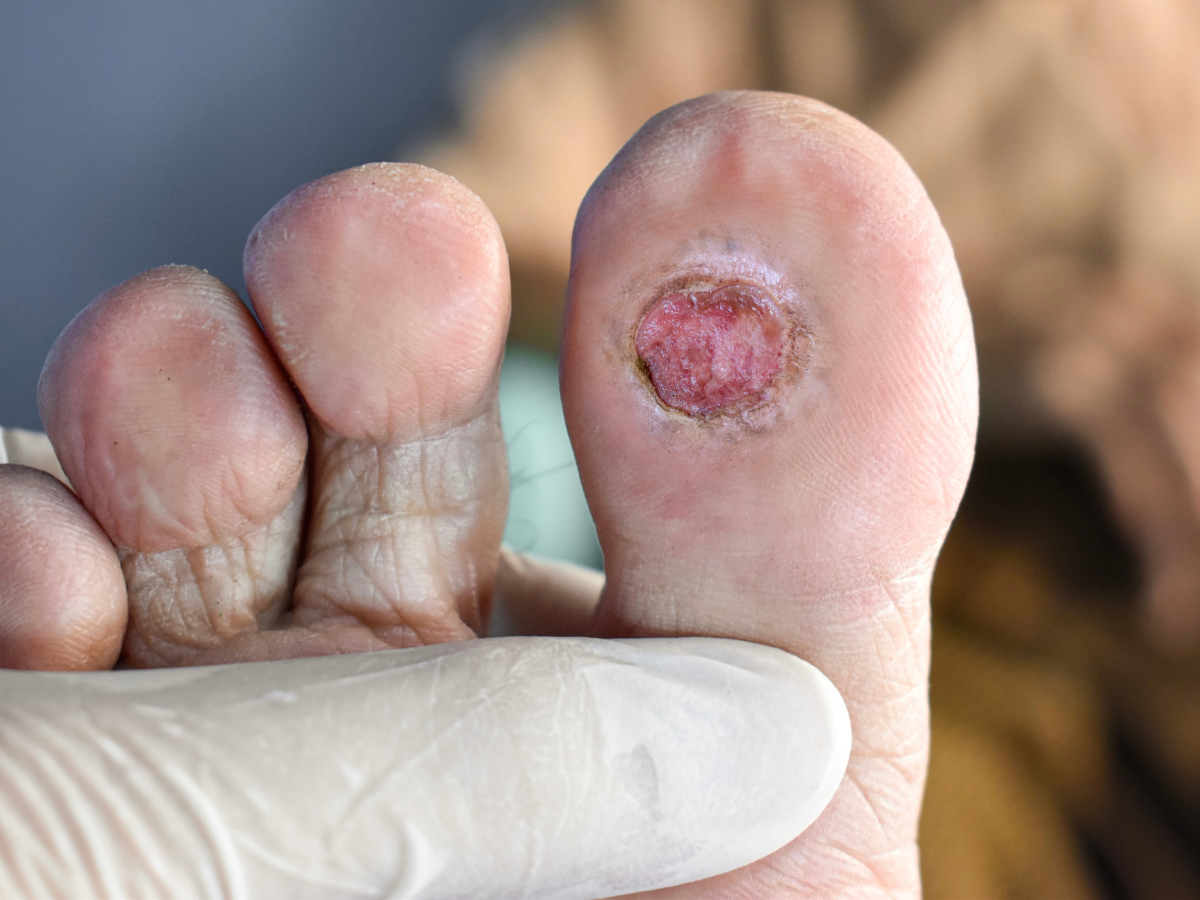Why Proper Footwear Is Crucial for Diabetics

For individuals living with diabetes, foot care can be the difference between a healthy, active life and severe complications. High blood sugar levels can damage nerves and blood vessels, making feet more vulnerable to ulcers, infections, and slow-healing wounds. In this article, we’ll discuss why proper footwear is so critical for diabetics and how choosing the right shoes can keep your feet safe, comfortable, and complication-free. How Diabetes Affects Your Feet Diabetes often comes with reduced sensation in the feet (neuropathy) and decreased blood flow, making sores or cuts harder to notice and slower to heal. This sets the stage for infections that can escalate quickly. Regular foot checks, combined with proper footwear, form the foundation of diabetic foot care. Key Features of Diabetic Footwear Diabetic shoes differ from standard footwear in design and material. They typically offer extra depth and a wide toe box to minimize friction. Soft, breathable materials als...
